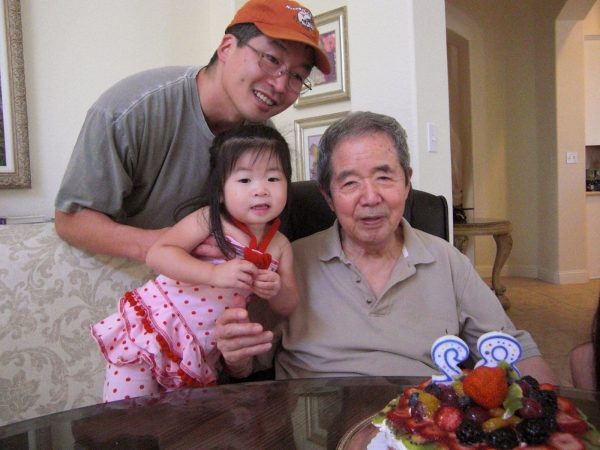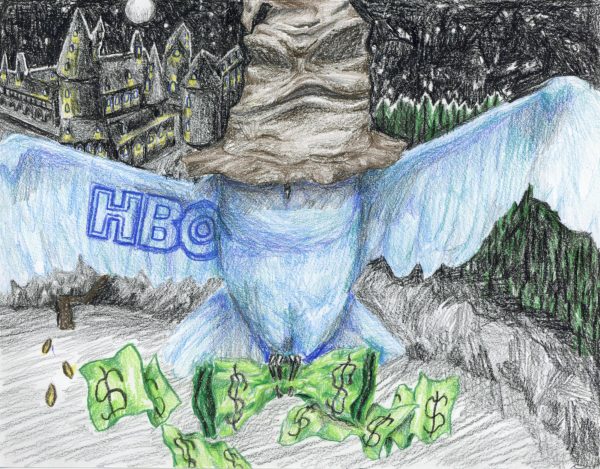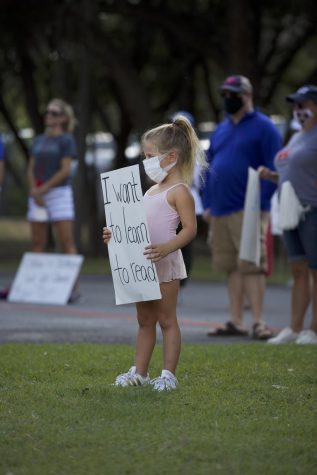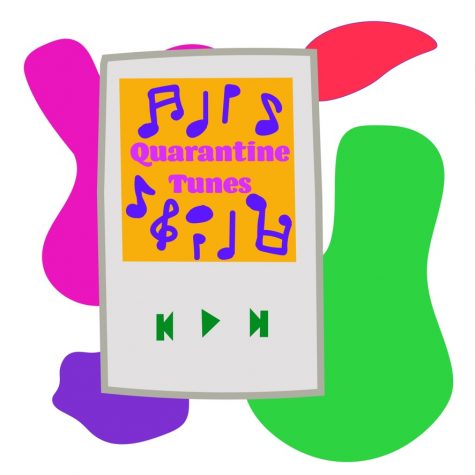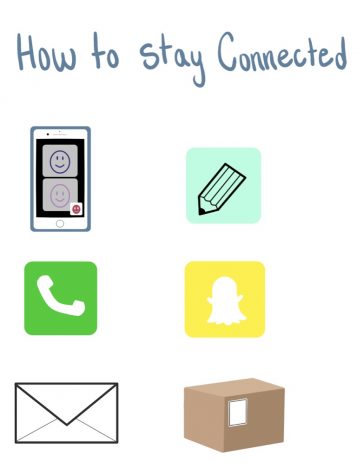Muslim student explains effects of coronavirus on Ramadan, Eid
The world seemed to stop when school went online after spring break, at least for most people. For the Islamic world, one of the biggest events of the year was just starting. Ramadan is the month where Muslims fast from sunrise to sunset every day to feel with those who are less fortunate. It is a month of giving, a month where families get together and celebrate a day of fasting by sharing a meal called iftar to break their fast. At the end of the month, Eid al-Fitr is celebrated as an official end to the month of fasting. Children receive money and gifts and parents enjoy cookies stuffed with dates while visiting their loved ones. This year, Muslims around the world are forced to spend Ramadan and Eid al-Fitr in isolation due to the coronavirus.
In the Middle East, fasting alone is nearly impossible. If you don’t have family around, then you have your friends or even your neighbors to celebrate with. Fasting in isolation made this Ramadan an extremely lonely month for Muslims as they were not even allowed to visit mosques (muslim place of religious worship) or their closest relatives. For me however, fasting in isolation was better because it meant that I got to spend more time with my family.
Ramadan is the ninth month in the Muslim lunar calendar, which means it moves up by about ten days every year. These past few years, the month of Ramadan has fallen during the summer, where I spent it with family in Jordan. Last year was the first time Ramadan was not part of my summer. At our school, there aren’t many Muslim students or teachers to celebrate this month with. I was usually the only one in the cafeteria not eating or drinking, and I was constantly asked why I hadn’t brought my lunch that day or where my water bottle was. It wasn’t hard to fast since I got used to it by the second day. I had to be careful about not overexerting myself in sports and reserving my energy during school, and I was always happy to answer my friend’s questions. I just felt lonely fasting by myself at school. I’d only feel like I was back in Jordan when I’d come home and was surrounded by my fasting family, but even that was cut short due to my after-school activities.
My favorite part about Ramadan this year was that I had my family to share it with. There was less schoolwork to worry about and more time to pray, cook and sleep in. I didn’t feel alone in my fasting because even when we went out, everyone was wearing a mask and unable to eat or drink anything. My 9-year-old little brother was able to fast in America for the first time without having to worry about being too tired to hang out with his friends. Every night, my family and I ate iftar at about 8:20 and stayed up until 2 or 3 in the morning to eat suhoor (the last meal before sunrise) then go to bed. Sunrise in Austin is around five in the morning, but since we still had online school and work, 2 or 3 worked just fine.
For Eid al-Fitr, we went to Houston to celebrate with my grandpa, which wouldn’t have been possible if school and work were still in session. For Muslims in Jordan, they were not allowed to travel or leave their homes during Eid unless it was a medical emergency. Quarantining during these stressful times has been a frustrating but necessary precaution for most of the world’s population. For me, it has brought me closer to my faith and has strengthened my bond with my family.
Ramadan is the month of unity in the Islamic world. Just because we are stuck in isolation doesn’t mean we can’t stay connected and help those in need. People are losing their jobs on a daily basis, and it is essential now more than ever to be charitable to those around you. It is important for us to stick together, even if only in spirit, to get through these trying times.
To read more about what Ramadan is click here.
To learn more about Ramadan phrases and terms click here.





